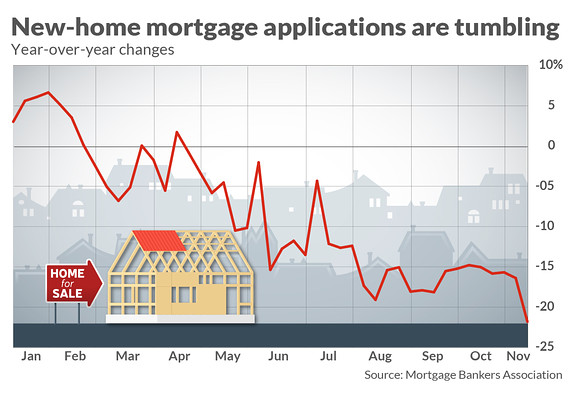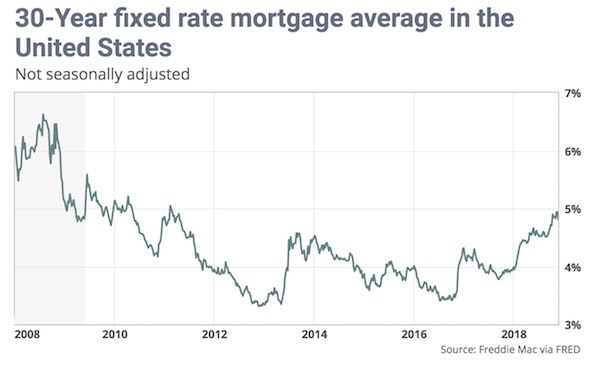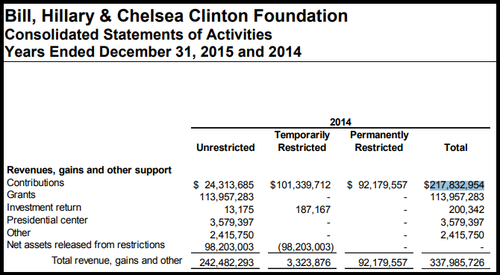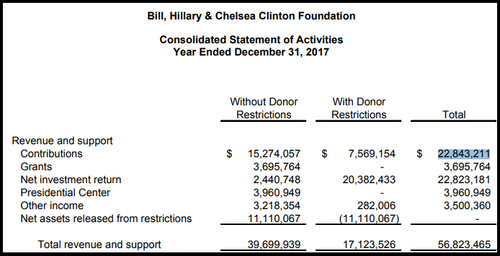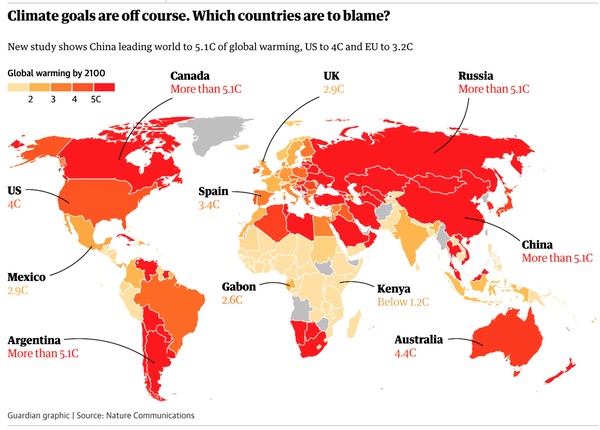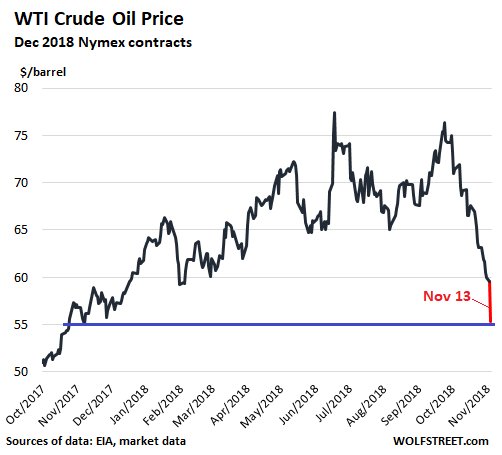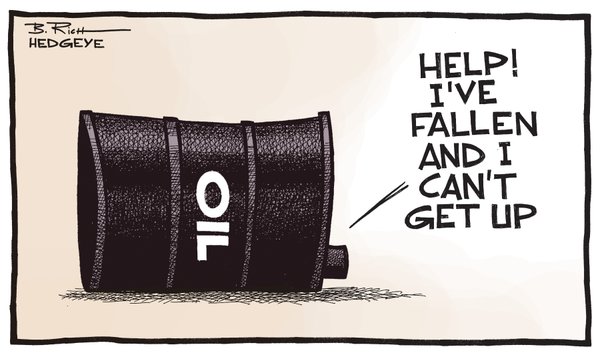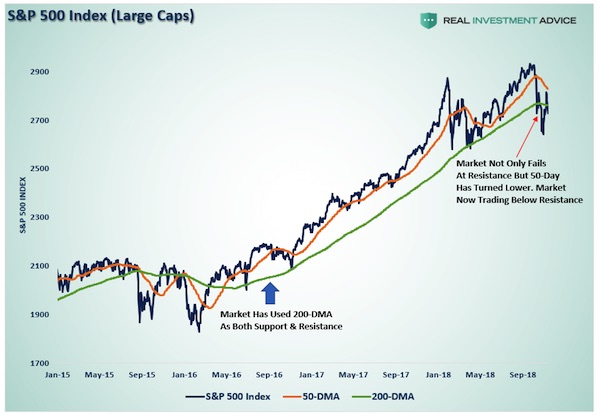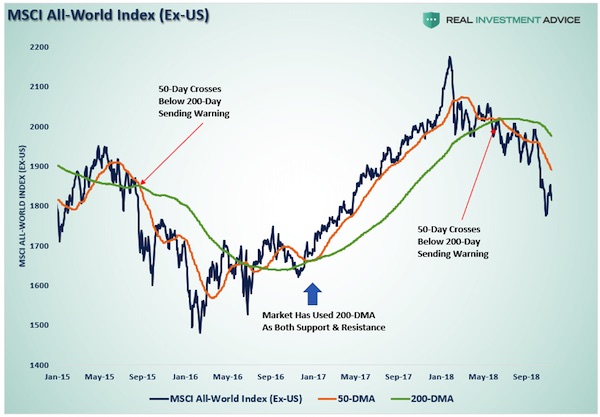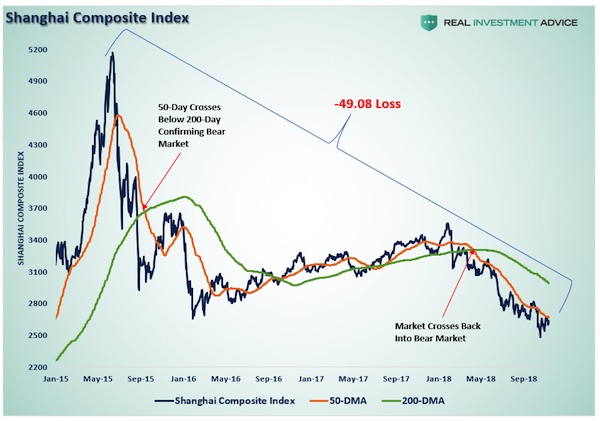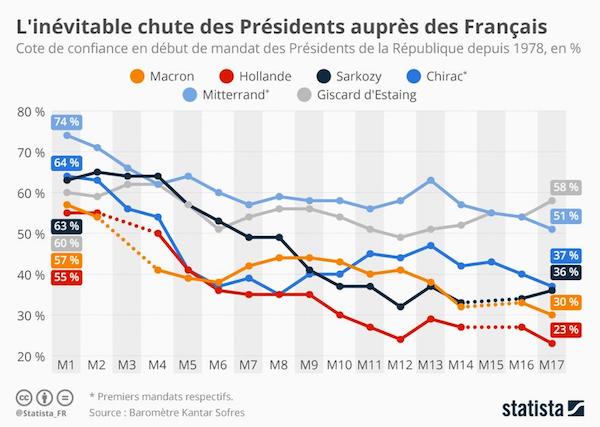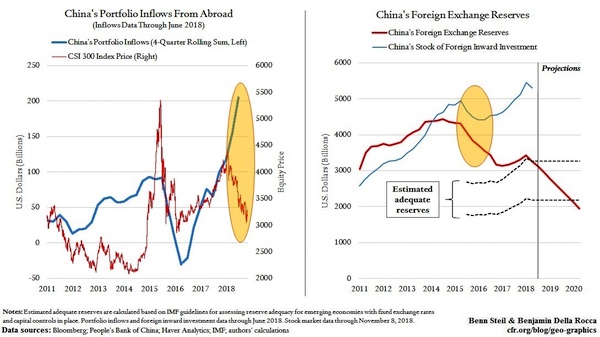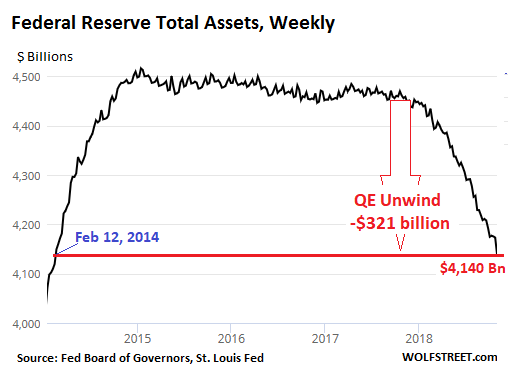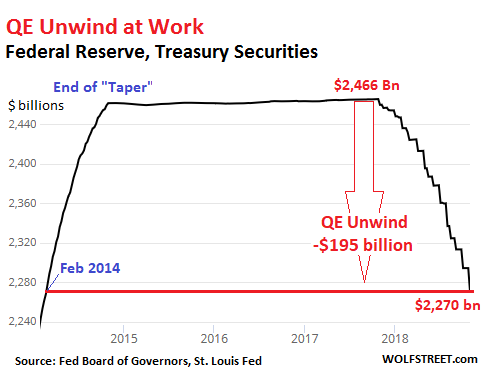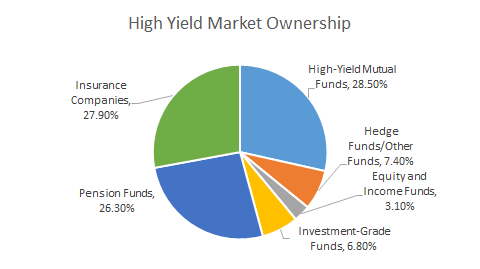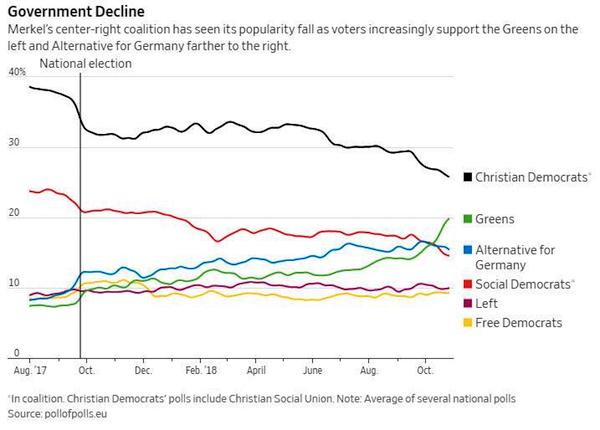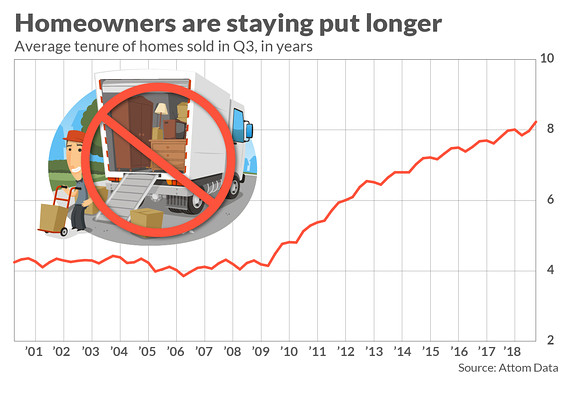
Wilhelm Trübner A Gorgon‘s head 1891
The news still isn’t the news, and I’m getting afraid it never will be again, because not the news just simply sells so much better than plain old real events. Maria Butina suddenly popped back into the public eye, because she was either charged with something or confessed to it. And I’m thinking, excuse me, but that poor girl has been kept in isolation for how long now? And for what reason exactly?
I vividly remember thinking that when she first became ‘news’ for ‘infiltrating’ the NRA, for which there were plenty cute pictures taken, I remember thinking she would have been 22 or 23 years old when as a super- devious Russian redhead she allegedly penetrated the trillion dollar NRA, and the trillion dollar Republican Party, and the Trump campaign, which according to some people is now worth negative $1 trillion.
If any of said organizations allow for a 22-year old to take all of their most secret and damning secrets and send them to her alleged puppet master Vladimir Vladimirovich, I say they deserve everything they’re getting. But it IS the sort of thing that if you want to report it like it’s actual news, you sure need to be convincing, you need proof, that sort of thing, not the anti-Putin innuendo US media rely on as their main standard today. Butina with no proof is just a nice by now 30-year old girl who happens to be Russian.
As for the Trump campaign having a negative $1 trillion value, I derive that from all the people who’ve once again, after a handful Mueller tidbits, started saying the Donald will be impeached any moment now, and many around him will go to jail for decades. You know, I can read too, and that’s not what I see. Much of what I see comes down to the reasoning that Trump has not yet been impeached as President because .. he is the President.
Yes, that is pretty funny, but it’s not humor beyond my abilities, and I’m not a comedian by trade. We’re still, even after those Mueller bits, stuck with Papadopoulos who’s been framed and went to jail for 2 weeks for it (shame on Mueller for that, deep deep shame!), there’s Cohen who lost his tracks in between lying for Trump and lying about Trump, and Manafort, a thirteenth wheel on a wagon of which there are dozens in DC, fixers and handlers.
You tell me why Manafort faces years in jail while Rahm Emanuel became mayor of Chicago. But if you’d actually want to explain, I suggest you prepare well, maybe talk to a few lawyers in the process. Washington attracts shady characters like dung beetles to horse shit and honey bees to Mountain Dew, and only a special counsel would ever think of picking them off one by one if he can’t find any of the actual crimes that he was appointed for to find. Cue: Rahm Emanuel.
Meantime my pal in arms Jim Kunstler thinks Michael Flynn is laying low as Mueller whoops his ass because he can, only to hit back at Mueller as soon as he’s freed from what are at best shaky allegations. Talking to a Russian is not a crime, not even, or even especially, when you’re the security adviser to the next president.
Michael Flynn’s real suspicious job was advising Turkey on security issues, but then that’s not what Mueller targeted him for. So yeah, let Flynn rise. And once again, don’t let’s forget that he said when the whole circus began, that he saw no way he could defend himself against anything Mueller might have thrown at him, that his entire family was on the verge of bankruptcy.
“But you talked to a Russian!” say the news media. Cue mushroom clouds in the remote background. But don’t you see, Trump is a criminal with decades of crimes under his belt, and all of his family are too! Look, I don’t know these people, and I’m fine not knowing them, not my cup of tea, but how much time did any of them spend behind bars so far?
And now they would have to go to jail just because Donald was elected president and the DOJ appointed a friendly ex-FBI head special counsel on the basis of a dossier paid for by his political opponents? To what extent does that spell justice to you? Yes, feel free to cue Rahm Emanuel again.
See, if certain people can be sent to jail because they rise too high in certain circles that don’t want them to disturb the power inherent in their sphere, while other operatives from the exact same mold though perhaps another political affiliation, are nominated to lofty and lucrative careers and positions, isn’t there something awry?
Are any of them perfectly innocent? Hell no, but then if they were, they wouldn’t be in the positions they’re in, the very positions that allow Robert Mueller to target them. From that point of view, it obvious it’s just a little power game played out in front of your eyes, you who have nothing to do with it but think you’re supposed to have an opinion on it.
Is Donald Trump a worse and bigger criminal than George H.W. Bush was? One half of America can answer that in no time flat. The other is thinking they wouldn’t be so sure. How many people has the Donald condemned to death so far? And he’s already about half way through the time Bush41 spent in the White House.
Perhaps it’s not about who’s a criminal, but about who’s the prosecutor. And with Mueller’s role in the sordid Whitey Bulger tale, and his even more sordid testimony in the Iraq WMD fantasies that led to millions of legalized murders celebrated as victory by both Washington and the US media, which kettle is blaming which pot here?
But hey, I’m ready to be corrected. And it’s by no means just the US that feels twisted these days, either. How about French president Emmanuel Macron, who hadn’t addressed his people live for 10-12 days as the Yellow Vests protests just got worse and more violent by the day, and then yesterday decided to make his long awaited response to them through a pre-recorded video? Honestly, how far removed from reality can one be?
The only answer Macron has to the thousands of people who want him out, and who have been willing to express that opinion in 4 consecutive weekends, is money. He thinks if he gives them €100 a month extra, and some tax breaks, they’ll let them continue on his little Napoleon trip. Well, if they do, we’ll know who they are. But are they? I don’t think Macron counts on that.
And then, as Macron increasingly retreats into his little palace(s), cue Marie Antoinette, only to communicate with the unwashed masses who want him gone through pre-scripted and recorded promises of crumbs off his table in exchange for no power at all, British PM Theresa May reacts to her latest and ostensibly worst -though it’s hard to keep track- defeat by … fleeing the country.
That’s how its ‘leaders’ rule Europe these days. Angela Merkel says she’s gone, though she wants to be Chancellor until 2021 (that way no-one can hold her responsible for anything), Theresa May hops on a plane to Europe to grovel some hopelessly more in her already defeated stance.
And Macron has his servants shove crumbs off his table, a gesture that still costs him more than everything Salvini and Di Maio wanted to do in Italy which got them whistled down by Brussels. C’mon, who still believes in the EU? Everyone’s running away from it.
If Macron must hide from his own French people, how can he reform the EU? If May must flee the UK and go to the EU to get a Brexit deal, what’s her authority back home where 50% voted against that same EU?
And if Merkel can only remain in charge by relinquishing her power, who exactly’s going to run Europe? It’s kind of like the same question as for the US. Who’s going to run it? Not Trump, if Mueller and the Democrats have any say although they lost the election. Not Hillary, says about everyone else.
We all tend to think that these things are normal and eternal. Just politics. But all the usual suspects appear to be under siege. In Europe, France, UK, Germany are shaking heavily. Italy’s already overboard. That’s the biggest 4 EU members. That’s the EU. No certainties, no future, though the EU itself will never admit it, and instead just push for more EU.
And what’s certain politically in the US anymore? Trump has eviscerated the entire GOP, and I’m not saying that’s a bad thing. The Democrats killed off Bernie Sanders to allow Hillary to continue her dead before arrival power grab. She came she saw she lost.
My point, I think, is that political strongholds are being defeated everywhere at the same time. And when that happens, there’s always a reason for it. I think that reason can be found in the fact that the global economy is rumbling and crumbling as we speak, with politics and economics acting as precursors for one and other.
Like, Macron can only save his political ass by violating the EU budget terms he just chided Italy for. Merkel can only save her legacy by creating a situation she’s no longer responsible for. And Theresa May would be well advised, now that she’s on the continent, to simply stay there and let Britain figure things out without her.
The US won’t and can’t be so lucky. We’re still up for much more, marathon more, of Trump vs Mueller, and there will be many more courts and judges who have to speak on all of it before there’s anything even remotely resembling a conclusion. Because the whole Mueller circus -reluctantly- threatens to open up a Pandora swamp that’s been DC’s lifeblood forever.
Yeah, you got your Flynn and Manafort, but you also got your Podesta brothers. Yeah, there’s the Trump Foundation, but there’s also the Clinton Foundation, and Uranium One. Who’s worse? Good one!
Both things should be investigated, it shouldn’t just be Trump and Mueller, Hillary and the DNC and Comey etc etc also must be under the microscope. Or America will forever lose its faith in democracy. Not that there’s much of it left, mind you, but hey, at the very least it’s the thought that counts.
Bottom line: it all appears to be about local, domestic, national politics, but don’t be deceived: the global economy is tanking, and all of the political mayhem on all these levels is just a derivative of that. The dinosaurs want to live another day.
None of which is going to make your situation any better, but who knows, you just might feel better about it for a bit. Until you don’t.




